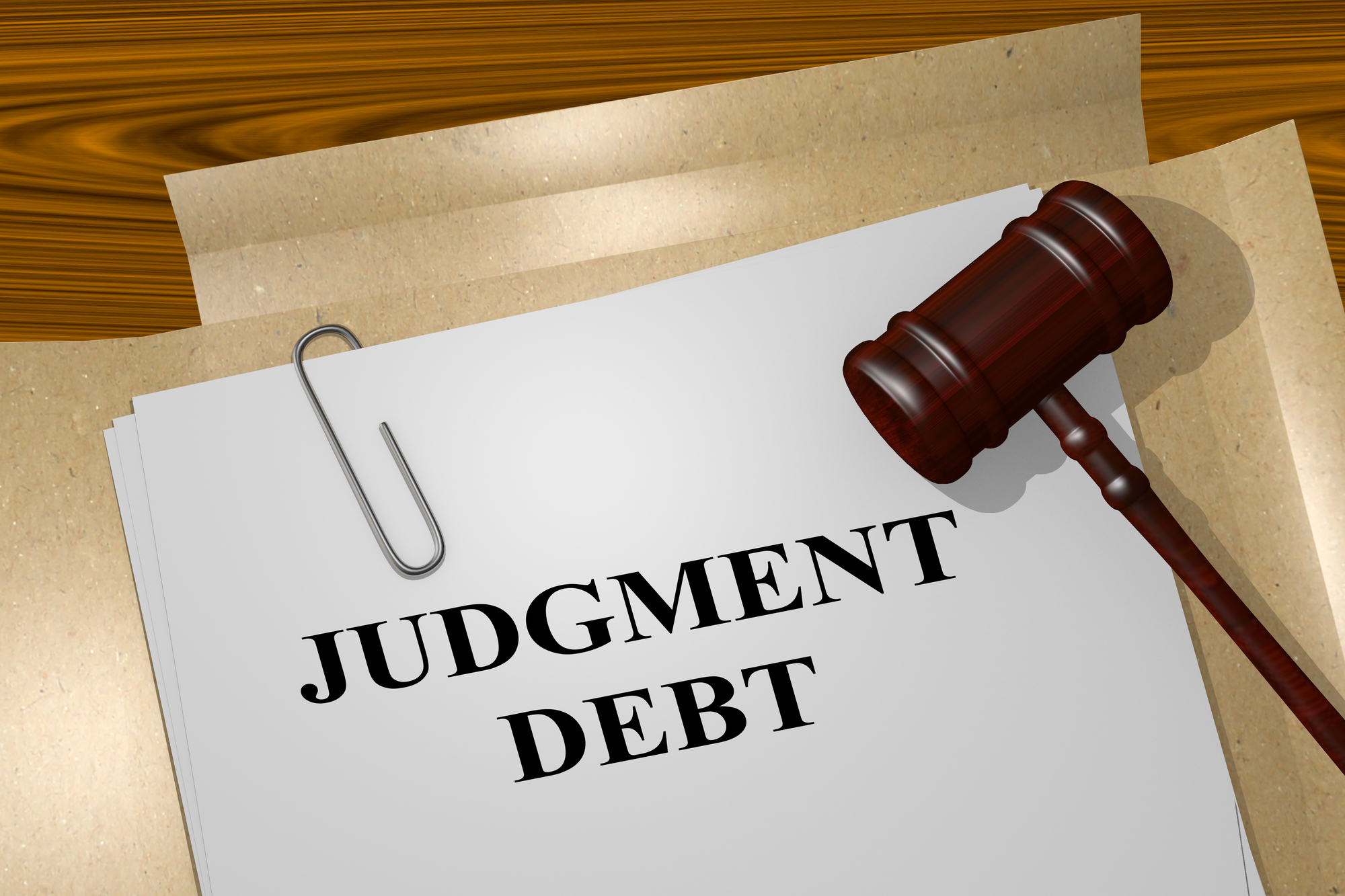I’m Being Sued for a Debt: What Can I Do?
May 5, 2020 | Bankruptcy, Chapter 13, Chapter 7
Many Americans, including Nebraskans and Iowans, are struggling with crippling debt. Even before COVID-19 began to negatively impact jobs, small businesses, and the overall global economy, consumers were drowning in nearly $14 trillion worth of debt. While some debt is normal for most people, it can quickly become unmanageable if unforeseen circumstances affect income, savings, and quality of life. It’s easy to fall behind – and fall behind fast.
A few weeks behind turns into months behind. The phone won’t stop ringing. You see the 866-number come up on your phone and the anxiety it triggers overwhelms you. It’s a creditor, a lender, or your bank. You don’t answer. You stop opening your mail. It seems easier to avoid the debt collectors. At least for now.
But eventually, denial catches up with you. Literally. The sheriff knocks on your door and serves you with a lawsuit from one of your credit card companies. You’re shocked, embarrassed, and overwhelmed. Now what?
Is a creditor threatening to sue you? If you have received a lawsuit notice, a judgment, or are being bombarded with collection calls, there is hope. The Omaha debt relief and bankruptcy attorney at High & Younes can help you understand your options. We are still taking new clients and are happy to speak to you over the phone or video call. Talk to an experienced bankruptcy attorney by calling 402-933-3345 today or fill out our confidential contact form.

I Received a Notice of a Lawsuit: What Happens Next?
The notion of getting sued for a debt you can’t afford can feel pretty frightening. It’s important you understand the process. Here’s how it typically works:
- A creditor, whether it’s a credit card company, student loan servicer, hospital or medical office, mortgage lender, or anyone else with whom your account is in collections, files a complaint with a Nebraska or Iowa court. This officially begins a lawsuit against you. The complaint will explain the basis for accusing you of default.
- You receive a summons and a copy of the complaint, whether it’s from the local sheriff’s office or a certified letter. The summons provides a deadline for your response.
- There is a trial in small claims court. Debt collectors assume you won’t appear in court, which is an advantage to them.
- A judgment is made based on the judge’s decision. That will determine whether you are responsible for the debt and what actions the creditor can legally take from there.
Many people who receive a judgment against them have had it happen before – or if it’s a first it’s perhaps a sign of more to come. Money struggles you hope are temporary can sink you into a deep financial hole that is difficult to climb out of on your own. That’s where we come in.
Remember, once you declare bankruptcy, the creditor’s ability to collect disappears. Take action now to give yourself the fresh start you need to clean up your credit and move forward with your life.
Nebraska and Iowa Bankruptcy Lawyer
If you are experiencing a financial hardship resulting in an unsustainable level of debt, it can feel like the entire world is falling down around you. Faced with debts that simply cannot be paid is stressful enough; add the fear of home foreclosure, the humiliation of wage garnishment, or the anxiety of creditor harassment, and the process becomes even more traumatic. The Omaha bankruptcy lawyers at High & Younes can help. Give us a call at 402-933-3345 or fill out our contact form here.
Get Bankruptcy Relief Now
It is our mission at High & Younes to provide clients with the bankruptcy legal services and professional judgment they expect when faced with debt problems and creditor harassment. Our skilled legal team devotes the time necessary to help clients understand the status and potential outcome of their case.
Our firm focuses on fighting for the rights of individuals, couples, and business owners who may need the protection of bankruptcy to financially recover from any number of setbacks. If you are considering filing for Chapter 7 or 13 bankruptcy, let us help you understand your options. Our legal resources are designed to help you understand your legal rights and our team will fight to get the best outcome for you and your future.
The bankruptcy attorneys at High & Younes offer initial consultations free of charge. Call, text, or e-mail us today to get connected to a bankruptcy attorney to review your financial situation for FREE. We can be reached at 402-933-3345 or our confidential contact form. You also can get in touch via live chat on our home page.
High & Younes’ attorney Wesley Bain practices extensively in the field of bankruptcy law and creditor-debtor rights, representing Chapter 7 and Chapter 13 debtors in individual, joint, and small business bankruptcy cases. He’s brought financial relief to countless clients who were able to secure a fresh start thanks to his expertise, his hard work, and his steadfast dedication to client service.
Wesley is admitted to both federal and state courts in Nebraska and Iowa. He is a member of the bar associations in both states. In addition to practicing law, Wesley has taught legal courses at both College of St. Mary’s and Metro Community College.
For Wesley, communicating, asking questions, and sharing information is the foundation of strong client relationships as well as client satisfaction. Email him at wesley@hyattorneys.com.

